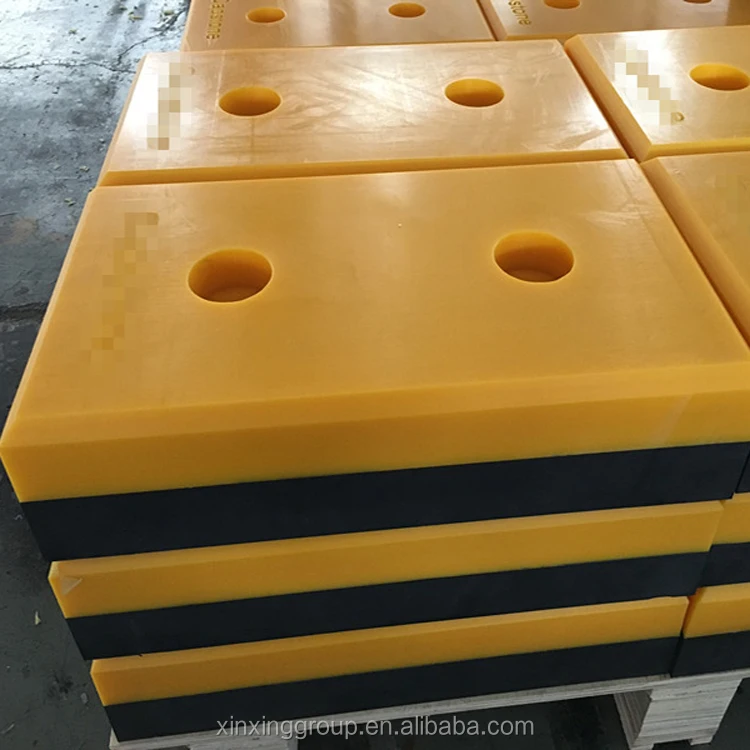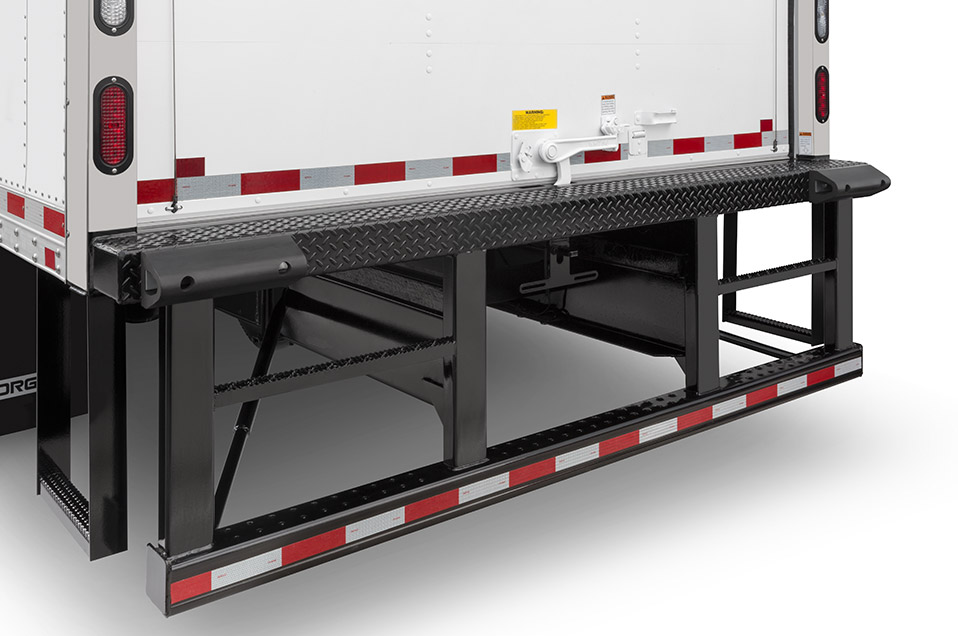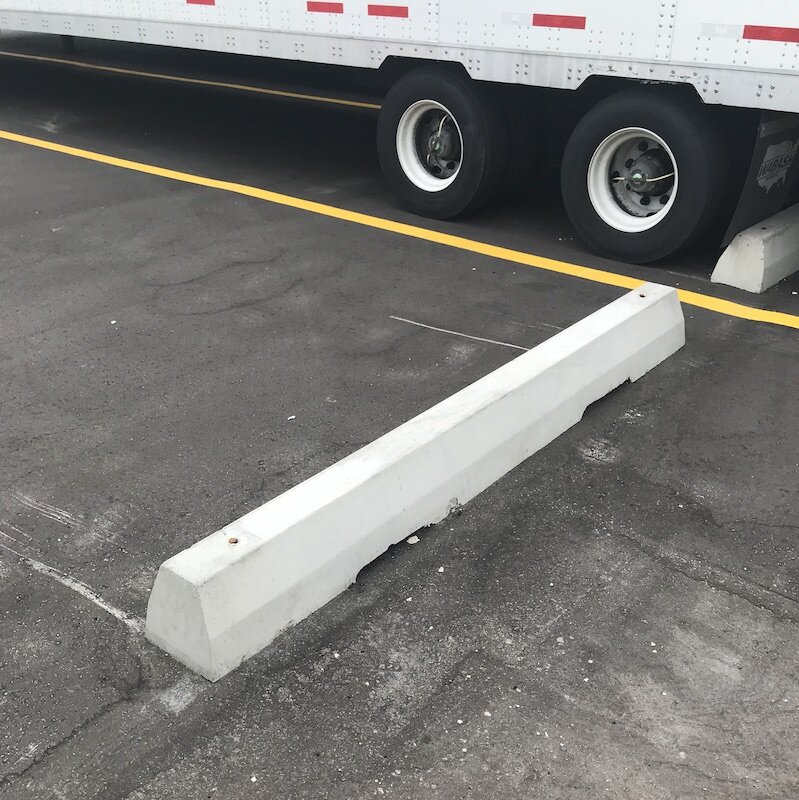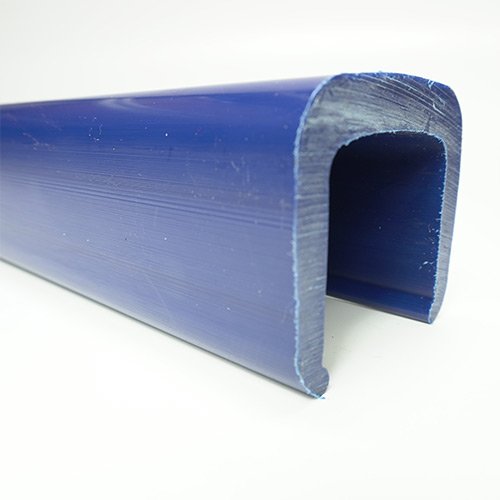

Vehicles parked beyond the maximum 72 hour limit may be issued a warning in the form of a Marking Notice affixed to the vehicle’s windshield, and one or more of its wheels may be marked at the same time. In the absence of other posted restrictions, such as residential parking permit (RPP) zones, street sweeping, meters or posted time limits, a regular-sized passenger vehicle or motorcycle is allowed to park in one spot for up to 72 hours without being cited for overtime parking. Follow these additional tips to be sure you won't be hit with a ticket: 72 Hour Maximum Once the rebar is level with the bumper block, the installation is complete, and the bumper block is firmly secured in its position.We at the SFMTA want to help everyone in San Francisco park legally, and we know that reading the signs is half the battle. By doing so, the rebar is prevented from causing possible damage to vehicles or injury to people.

Once the holes have been drilled, use the sledgehammer to drive the rebar through the block and into the ground below.īe careful to hammer the rebar down so that it is flush with the top of the block. To avoid chipping the surface of the bumper blocks, start by drilling through the holes in the bumper blocks with the drill bit vertical. Remember that some concrete bumper blocks come with pre-drilled holes, allowing you to know precisely where to drill the holes in your pavement. Drill and hammer the rebar.Īs soon as you have your concrete bumper blocks in place, it is time to drill holes in the blocks and secure them with rebar. Use chalk, a measuring tape, stakes, and rope to line up the blocks in a straight and evenly spaced line. The placement of the blocks must not pose a threat to people or cause damage to vehicles, so you must make sure that they are level and evenly spaced.

When placing the concrete bumper blocks in place, precise measurements are essential - especially when considering municipal regulations. You will be easily able to move the blocks into position if you have a large group of people lifting them.

If you do not have access to a forklift or tractor, you can still transport the bumper blocks with the help of a few extra hands. Moving the bumper blocks with a fork attachment on a tractor is another method of moving them. This will allow you to effortlessly lift, transport, and position the parking blocks in the designated parking spots.
BUMPER BLOCKS HOW TO
This is also your opportunity to figure out how to make your parking lot move more efficiently and make the most of available space. This will help you have a more precise idea of how many parking spaces you will have, how many parking blocks you will require, and what size the parking blocks should be. You will be better able to plan for accurate measurements and spacing if you create a map of your parking places. Once you have settled on a location, you will want to map out the individual parking spots. Whenever you are planning to pave a new lot, you will also need to consider what landscaping you will need to remove to make way for the new pavement. Remember to consider factors such as convenience, safety, the surrounding terrain, and more.įurthermore, check with your local municipality for zoning laws and restrictions to ensure that you comply with the rules and regulations when building your parking lot.īe sure to think about how many parking spaces you will need on your lot and whether or not the location you choose will have enough room for the size of your lot before making your decision.
BUMPER BLOCKS INSTALL
Here’s a step-by-step to properly install concrete bumper blocks: Select the right location for your lot.Ĭhoosing the right location for your parking lot is the first step. Whether you are building a new parking lot or looking for ways to improve your current lot, installing concrete bumper blocks is a smart way to keep vehicles from rolling around and damaging your property or other nearby parked cars.Īlthough installing concrete bumper blocks seems tricky, it is relatively simple if you follow the proper instructions.


 0 kommentar(er)
0 kommentar(er)
